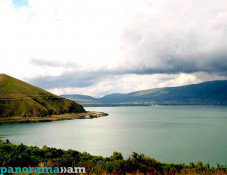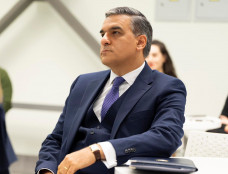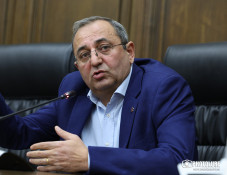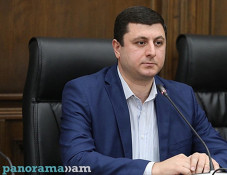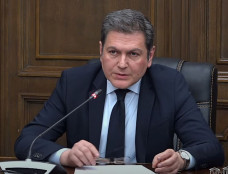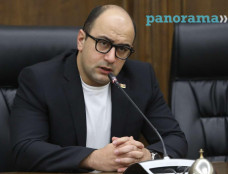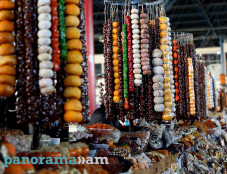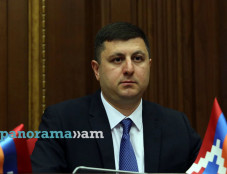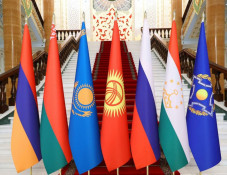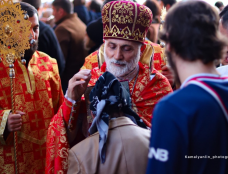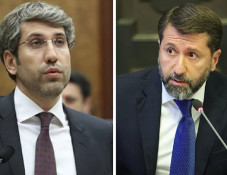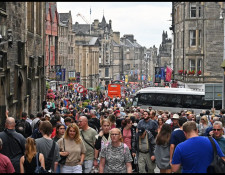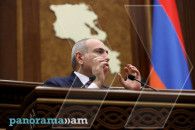
Impossible to achieve peace without repentance – Marina Grigoryan
“The Baku pogroms were planned and orchestrated at the state level,” Marina Grigoryan, the Head of “Ordinary Genocide” project told reporters on Saturday at a discussion dedicated to the 29th anniversary of the Baku pogroms – the mass massacre of the Armenian population in the capital of Soviet Azerbaijan on January 13-19, 1990.
Grigoryan named three main actors of the tragic event – authorities of the Soviet Azerbaijan, the Azerbaijani opposition striving for power on anti-Armenian wave and the central power of the Soviet Union headed by Gorbachov.
The expert reminded that he pogroms went on for a week amid a total inaction of the authorities of the USSR
“There can be no word about peace and solidarity without Azerbaijani repentance. Unless Azerbaijan acknowledges the crimes committed against the Armenian population of Baku, it would be unfeasible to speak of peace and solidarity,” Grigoryan said, when asked to comment on possibilities of peace in the context of the NK peace talks.
The expert next presented excerpts from the fact-finding mission in the scope of “Ordinary Genocide” project. According to her, the research team have processed the data of some 60 thousand Armenians living in the US who fled Baku through various humanitarian missions in the 90s during the bloody days.
In her words, numerous testimonies, interview and evidences were obtained in interactions with those people with some 150 of them documented in the project.
“29 years have passed, and the Armenians who once lived in Baku are determined to raise their voice and protect their rights through justice mechanism. I am hopeful that the Baku and Sumgayit pogroms will be a factor in the negotiations. I once again call upon our MPs who are planning to attend international parliamentary forums to get familiarized with all materials,” Grigoryan added.
To note, a mass pogrom of Armenian population was committed in Baku from 13 to 19 January 1990, following the Sumgait pogroms (26-29 February 1988). The pogroms were accompanied with persecutions, beatings, particularly cruel killings, public mockeries, pogroms of separate flats, seizure of property, forcible expulsions and illegal dismissals of Armenians started in Baku. Only some 35 or 40 thousand Armenians of the community of 250 thousand remained in Baku by January 1990; they were mainly disabled people, old and sick people and the relatives looking after them.
Related news
- Azerbaijan ramps up anti-Armenian hysteria – Elibekova
- Armenian pogroms in Baku: The New York Times - Indifference and silence can cause another genocide
Newsfeed
Videos





